Two weeks after the roof of a popular nightclub collapsed and killed more than 200 people in the Dominican Republic, the venue's owner acknowledged that the ceiling was made of plaster tiles that frequently fell and said the venue never received a structural review from Dominican authorities.
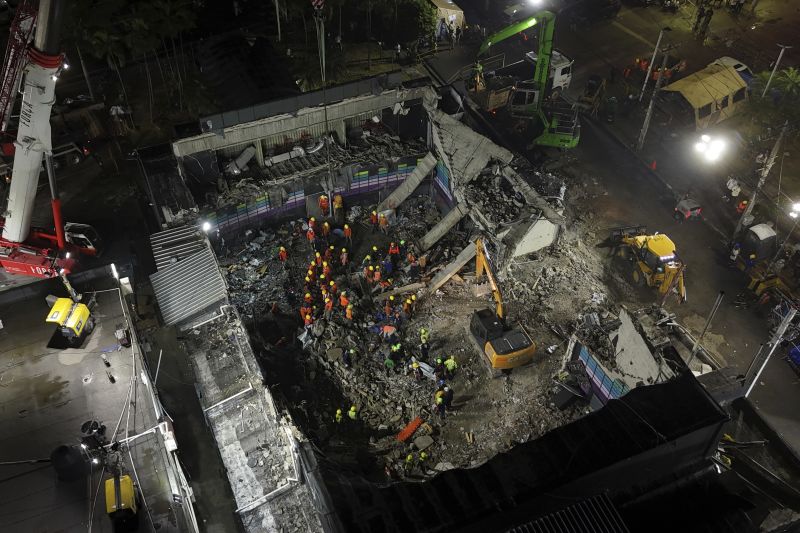
Businessman Antonio Espaillat, who co-owns the establishment with his mother, said in an interview with CNN affiliate Telesistema that aired on Wednesday that the tiles were frequently replaced after they were damaged by water leaking from the air conditioning units positioned on the roof.

Espaillat said that this happened regularly throughout all the years that he has operated the venue - even on the very day of the collapse.
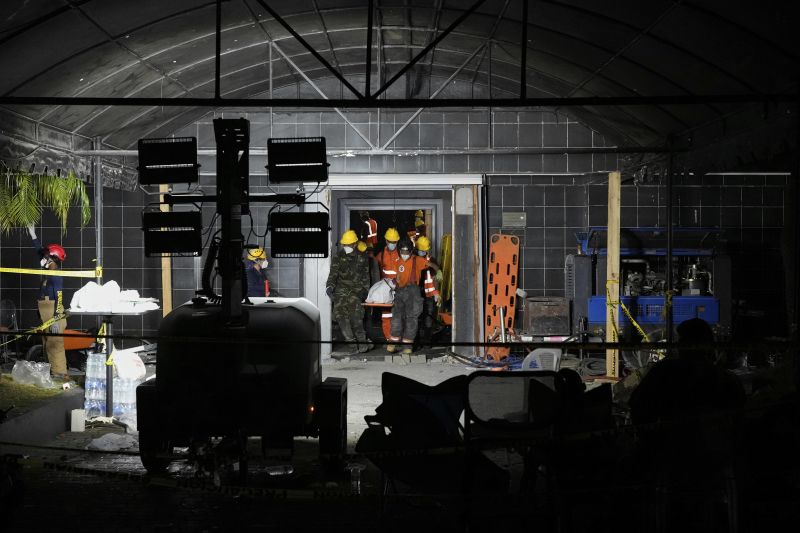
More than 300 people were inside Jet Set nightclub in the capital of Santo Domingo when the roof collapsed around 1 a.m. on the morning of April 8 during a performance of merengue artist Rubby Pérez and his orchestra, authorities said.
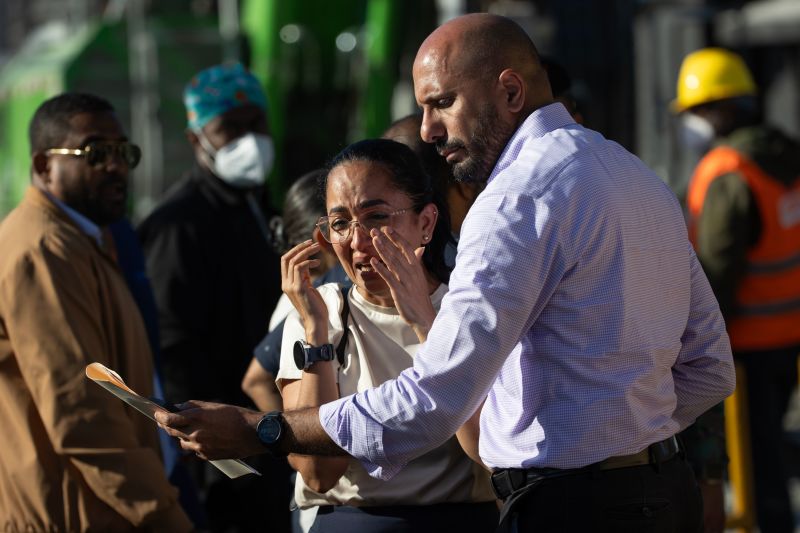
Related article What we know about the Dominican nightclub collapse and its victims
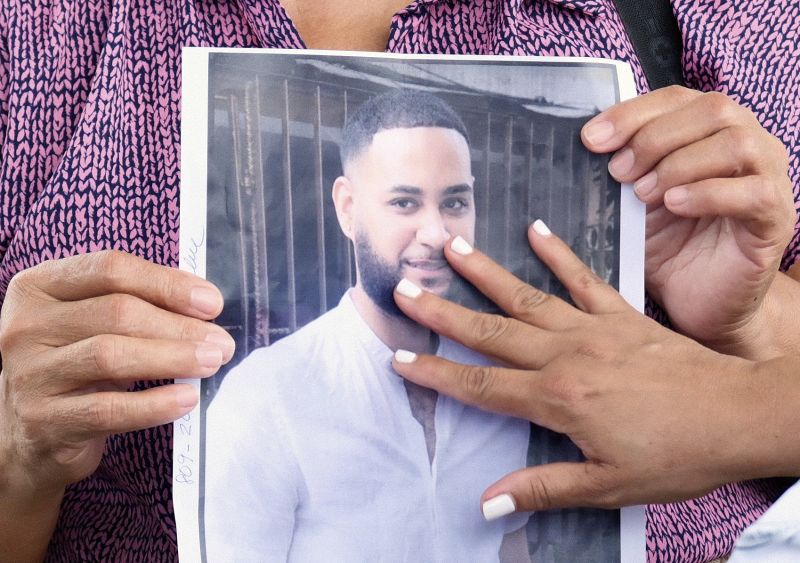
Espaillat said that the number of people in the club that night was likely more than 500.
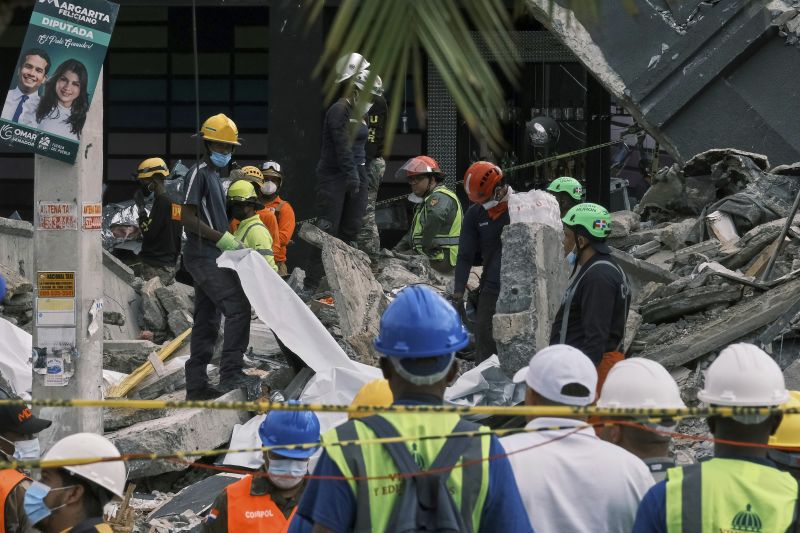
Espaillat's own sister was among those trapped under the rubble, he said.
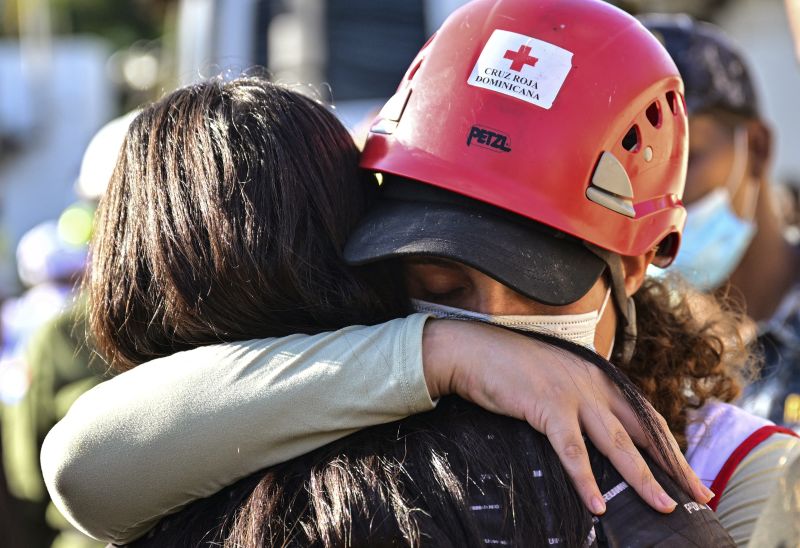
The disaster left at least 232 dead, including Pérez, and more than 180 injured, according to official figures.
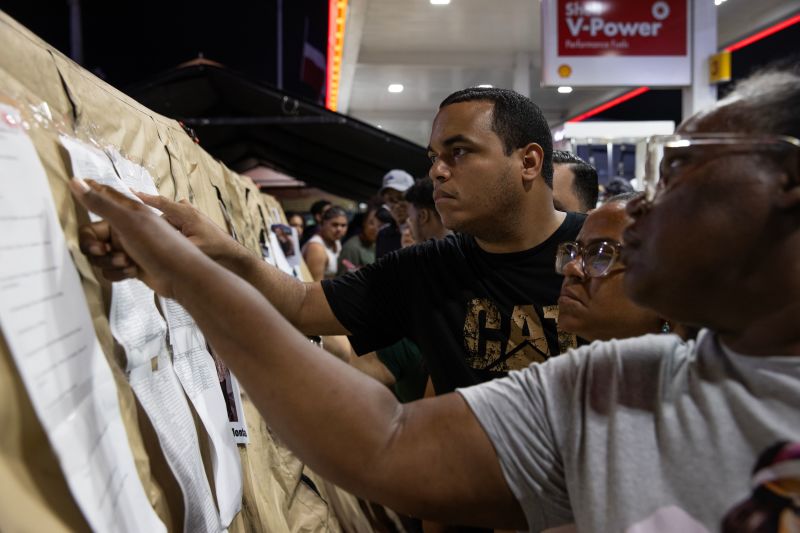
Espaillat stated that in the nightclub's 30 years of operation, the venue was "never" subjected to a structural review by authorities during routine safety and health inspections, nor did he discuss the building's structural integrity with private engineers.
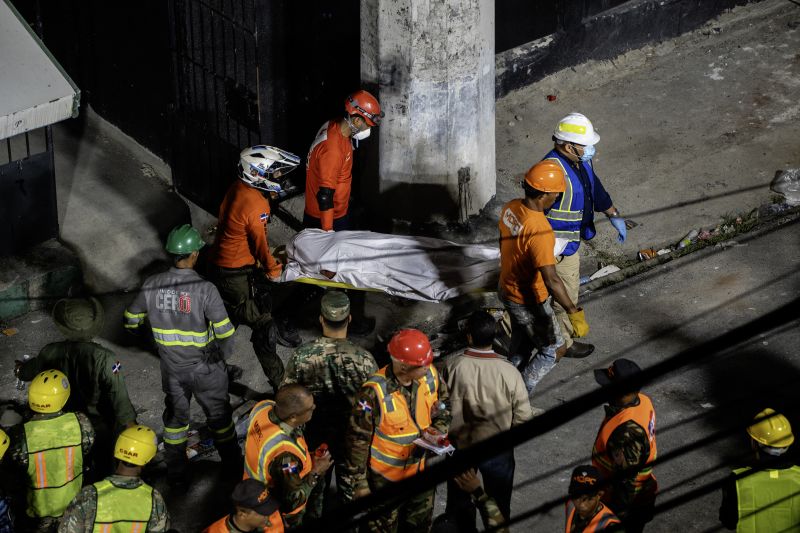
The structure only received checks from firefighters and the departments of Labor and Health, he said.
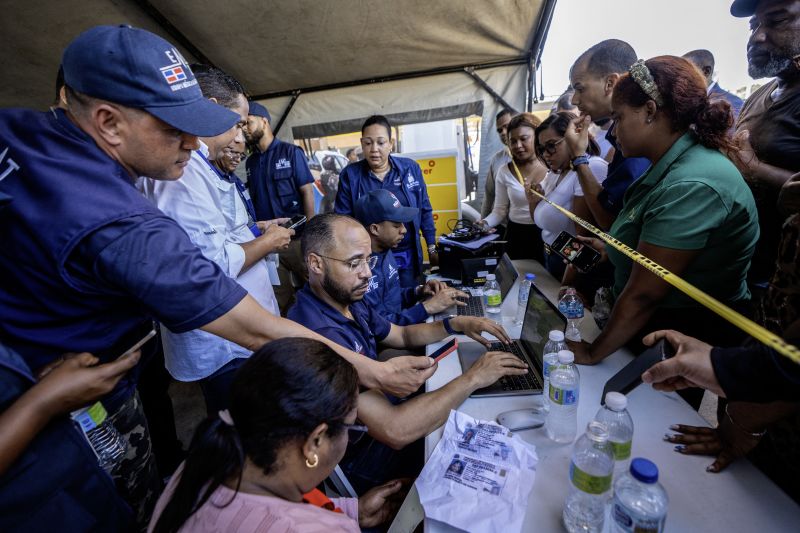
He said that he did not know the exact weight of the air conditioners located on the roof or if they affected the structure of the building.
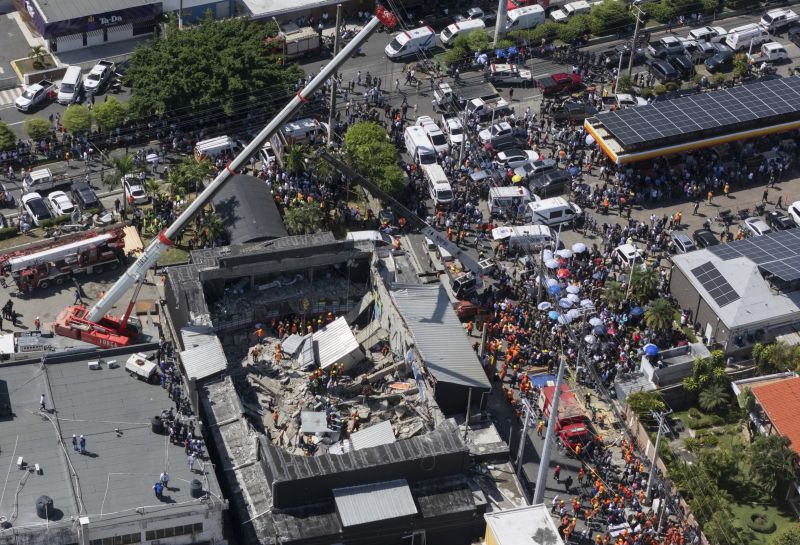
Espaillat asserted that he had never received any formal warnings about the risks posed by having a ceiling in disrepair and that he is "the first one who wants to know what happened."
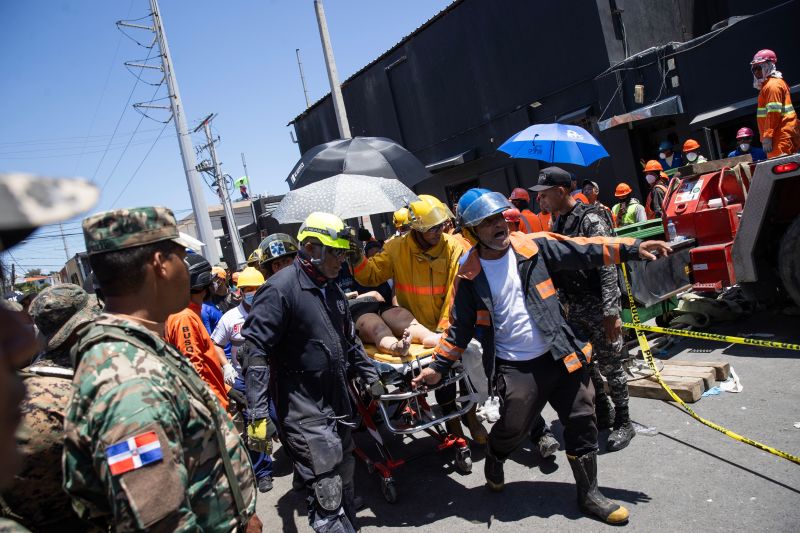
"Since this happened, I have had no life," he said, "I am completely devastated."
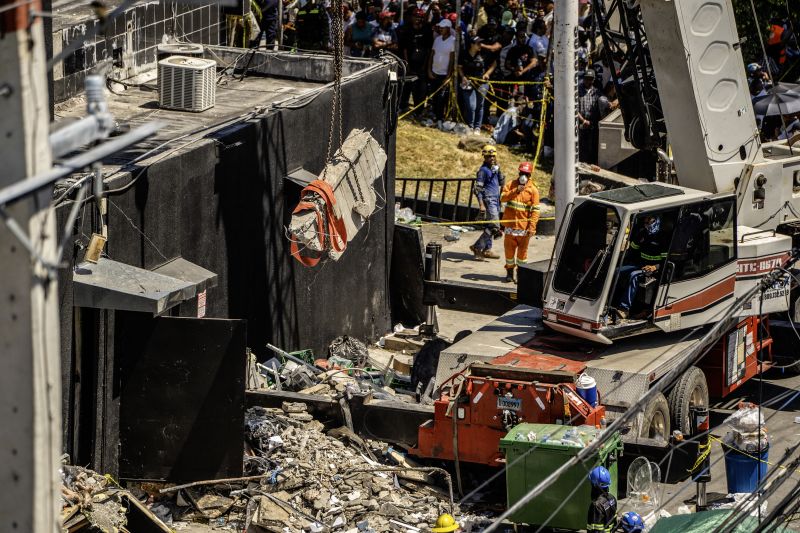
Espaillat's legal team declined to comment to CNN about the statements he made during the interview.
Espaillat said he was informed about the collapse by his sister Maribel, who called him while trapped under the rubble.
"She said: 'Antonio, something incredible has happened... we heard an explosion, and the entire roof has collapsed,'" Espaillat told Telesistema.
Maribel later told local newspaper Diario Libre that her husband, Daniel Vera Pichardo, covered her with his body to protect her from the falling roof. The two survived the incident.
Espaillat, who was in Las Vegas for a business conference, said he flew to Santo Domingo the next day.
"I had no idea and couldn't believe it was something of this magnitude," he said.
The relatives of Virgilio Rafael Cruz Aponte, who died in the collapse, have filed a civil suit against the nightclub owners and local authorities, claiming the disaster was the result of structural negligence and failures in state supervision, Félix Portes, the plaintiffs' lawyer, told CNN.
Espaillat has not commented on the case.
Two days after the tragedy, the Dominican government pledged to form a technical team to forensically investigate what caused such a disaster.
CNN has asked Dominican authorities for an update on the investigation's progress.
Espaillat has said that he has been in contact with the families of employees who are deceased or injured and intends to accompany them in this process.
"I am here, and I am going to face everything. I am not going anywhere; I will be here, and everything that is within my reach and everything I can do, I will do," he emphasized.
When questioned about whether this could have been avoided, Espaillat said he felt "powerless."
"If there had been something that caught my attention or that they (my staff and private contractors) had told me: 'look, we need to check this, that, or the other,' I would have gladly done it," he said.
